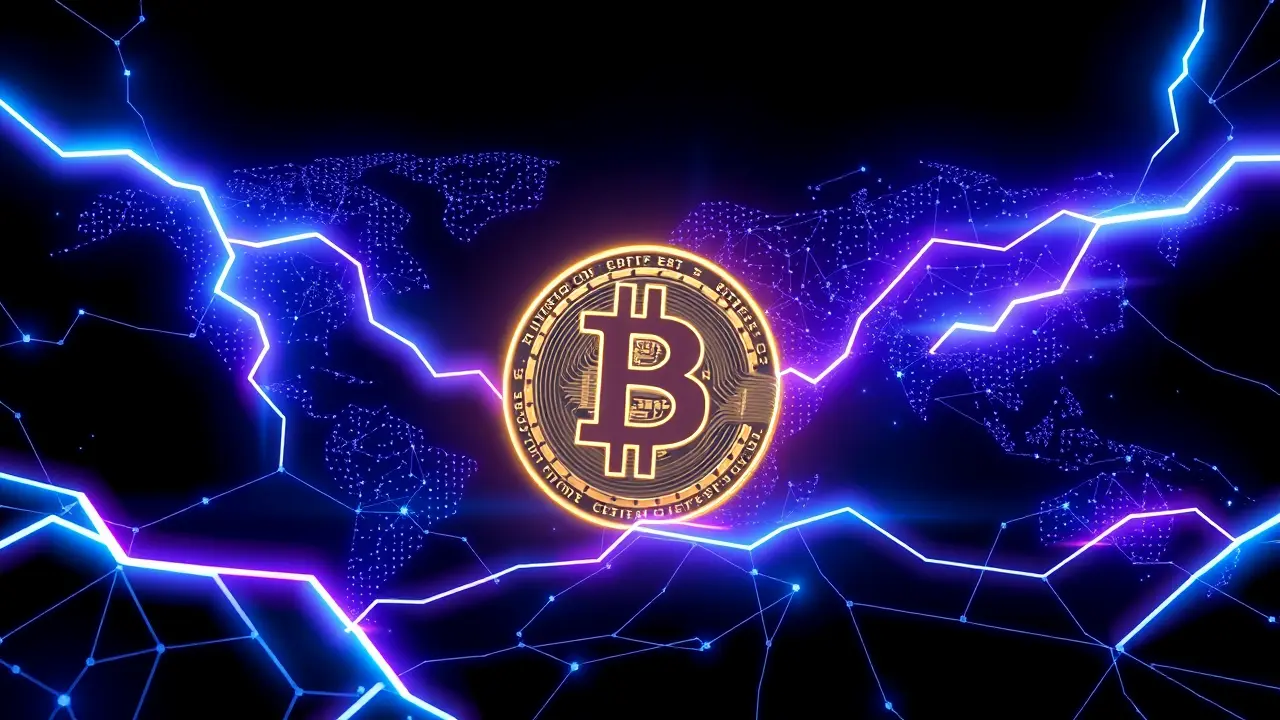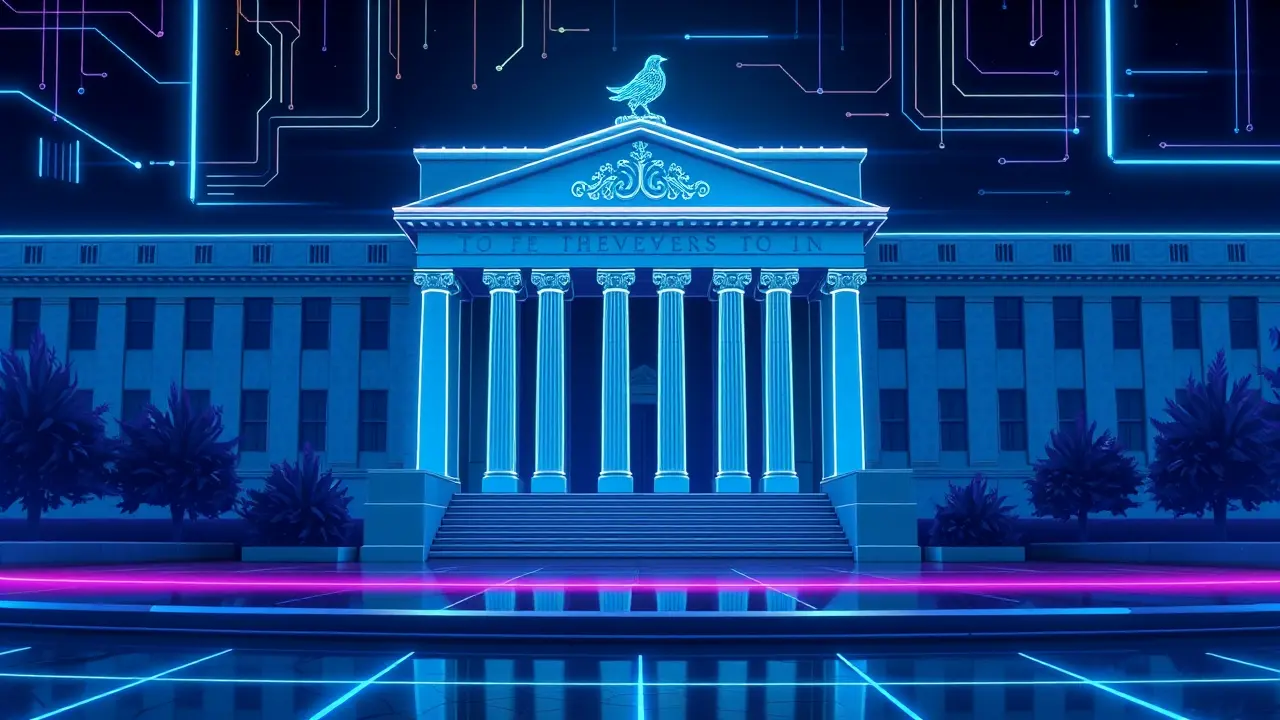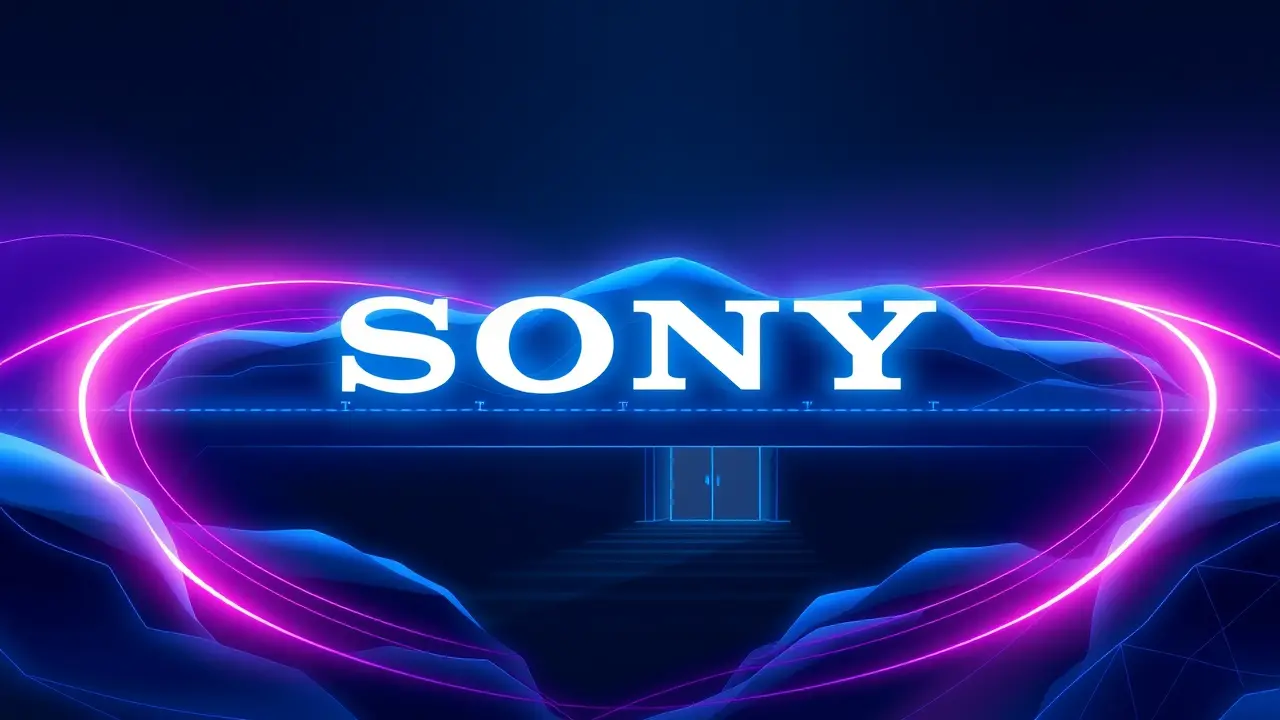
FinancebankingDigital Banking
JPMorgan and DBS Bank Team Up on Cross-Border Tokenised Deposit Framework
CH
Chloe Evans
3 hours ago7 min read2 comments
The traditionally conservative corridors of global finance are witnessing a quiet but profound revolution, and the latest tremor comes from an unlikely alliance between American banking titan JPMorgan and Singapore's DBS Bank. Their newly unveiled collaboration on a cross-border tokenised deposit framework isn't just another blockchain pilot; it's a foundational step towards a new financial architecture where the boundaries between traditional finance (TradFi) and decentralized finance (DeFi) are becoming irrevocably blurred.This initiative, building upon JPMorgan's own Onyx Digital Assets platform and its Tokenized Collateral Network (TCN), which has already moved billions in tokenized assets, aims to solve a perennial problem in international business: the friction and lag time of cross-border payments and settlements. Imagine a world where a multinational corporation can instantly move a tokenized deposit—a digital representation of a commercial bank deposit on a blockchain—from its account at DBS in Singapore to a partner's wallet via JPMorgan in New York, settling a trade obligation in minutes, not days, and operating 24/7, unshackled from legacy banking hours.The implications are staggering, potentially unlocking trillions of dollars currently locked in inefficient working capital across global supply chains. This isn't merely about speed; it's about programmability.Smart contracts governing these tokenized deposits could automate complex financial agreements, releasing payments upon the digital receipt of a shipped good's tokenized title or distributing dividends instantly to a global shareholder base. For regulators, this offers an unprecedented, real-time view into capital flows, a powerful tool for combating money laundering and ensuring financial stability.However, the path is fraught with challenges. The lack of global regulatory harmonization poses a significant hurdle—what Singapore's Monetary Authority (MAS) greenlights may face scrutiny from the U.S. Securities and Exchange Commission (SEC) or the Office of the Comptroller of the Currency (OCC).Furthermore, the very nature of a tokenized deposit raises complex legal questions: Is it a security? A new form of payment instrument? The success of this framework hinges on its ability to interoperate not just between two banks, but across a future ecosystem of central bank digital currencies (CBDCs) and even permissioned DeFi protocols. The partnership signals a strategic pivot for incumbent banks; they are no longer just defending their turf from crypto-native startups but are actively co-opting the technology to reinvent their own services.This move validates the entire premise of asset tokenization and sets a new benchmark for what institutional-grade digital asset infrastructure must deliver. As these two financial behemoths lay this digital rail, they are not just building a payment system; they are architecting the plumbing for the next generation of global commerce, where value moves as seamlessly as information does today.
#featured
#JPMorgan
#DBS Bank
#tokenised deposits
#cross-border payments
#blockchain
#banking innovation
Stay Informed. Act Smarter.
Get weekly highlights, major headlines, and expert insights — then put your knowledge to work in our live prediction markets.
Related News
© 2025 Outpoll Service LTD. All rights reserved.








